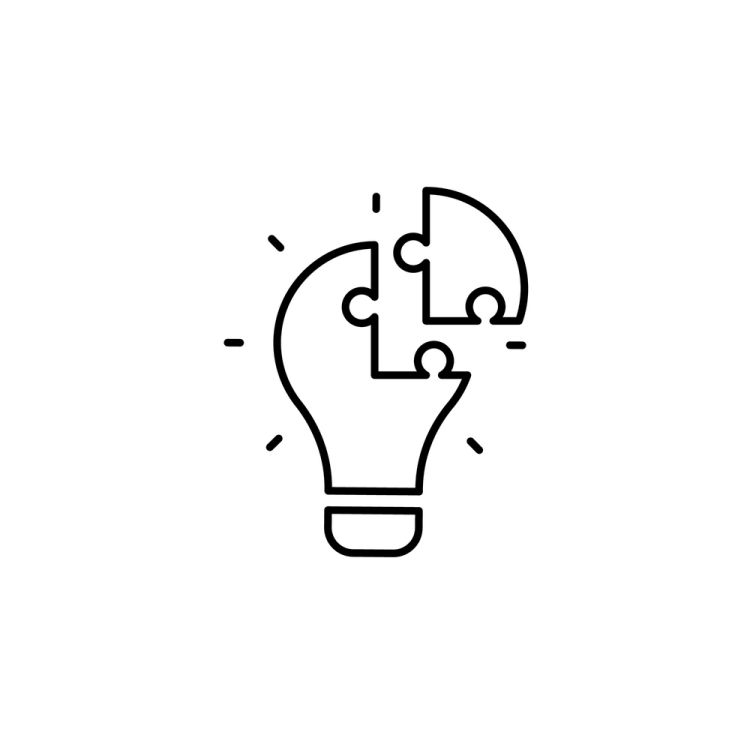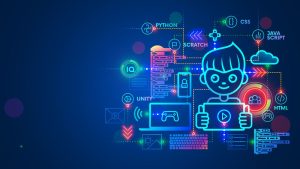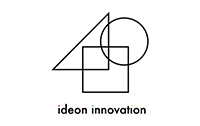In today’s rapidly evolving technological landscape, problem solving skills have become increasingly valuable. One of the most effective ways to develop and enhance problem solving abilities is through learning to code. Coding, or computer programming, involves creating algorithms, writing code, and debugging software to create functional and efficient programs. In this article, we will explore the ways in which coding can improve problem solving skills and foster the development of logical and analytical thinking.
Enhancing Problem solving Skills through Coding
Coding is one of the skills that can help children with problem solving. With coding, children can approach problems creatively and innovatively, and enhance their problem solving skills. Here is some ways in which coding can improve problem solving skills:

Breaking down complex problems into manageable tasks
Coding requires programmers to break down complex problems into smaller, more manageable tasks. This process of decomposition is a vital aspect of problem solving, as it enables individuals to approach large, seemingly insurmountable challenges by dividing them into a series of smaller, more easily solvable problems. As a result, coding can help individuals develop the ability to think systematically and strategically when faced with complex problems in various aspects of life.
Unlocking the Power of Computational Thinking
At the core of coding lies the necessity for logical and analytical thinking. Programmers must understand the relationships between different elements of a problem, analyze data, and apply logical reasoning to design effective algorithms. By engaging in the process of coding, individuals can strengthen their logical and analytical thinking skills, making them better equipped to tackle problems across various disciplines.
Debugging and iterative problem solving
One of the most essential aspects of coding is debugging, which involves identifying and fixing errors in the code. Debugging requires a methodical and iterative approach to problem solving, as programmers must test their code, identify issues, and refine their solutions until they achieve the desired outcome. Through this process, coders develop persistence, resilience, and the ability to learn from their mistakes – all of which are valuable problem solving skills.

Pattern recognition and abstraction
Coding often involves identifying patterns and creating abstract representations of problems to simplify and streamline the problem solving process. Recognizing patterns can help individuals see connections between seemingly unrelated concepts, enabling them to develop innovative solutions to problems. By engaging in coding activities, individuals can improve their pattern recognition and abstraction skills, enhancing their ability to solve complex problems across various domains.
Algorithmic thinking
Algorithmic thinking is the ability to design and implement a structured set of instructions to solve a problem. It is a crucial component of coding and involves identifying the most efficient and effective method to solve a given problem. Developing strong algorithmic thinking skills can help individuals become more effective problem solvers, as they learn to approach problems in a systematic and organized manner.
Collaboration and teamwork
Coding often involves working in teams, where individuals must collaborate and communicate effectively to solve problems. By working together, programmers can leverage the diverse perspectives and expertise of their teammates to develop innovative solutions to complex challenges. Through this collaborative process, individuals can improve their problem solving skills, learning to navigate interpersonal dynamics and capitalize on the collective intelligence of their team.

Example: Solving a real-world problem through coding
Imagine a group of students participating in a coding competition, where they are tasked with developing an app that helps users find and sort local recycling centers based on the types of materials accepted. To tackle this problem, the students must apply their problem-solving skills throughout the entire process:
- Breaking down the problem: The students divide the challenge into smaller tasks, such as collecting recycling center data, designing the user interface, creating sorting algorithms, and implementing geolocation functionality.
- Logical and analytical thinking: The students analyze the available data and apply logical reasoning to determine the most effective way to sort and present the recycling centers to the user.
- Debugging and iterative problem-solving: As the students develop their app, they will undoubtedly encounter bugs and errors. They must test, debug, and refine their code until it works as intended, showcasing their persistence and resilience.
- Pattern recognition and abstraction: The students may notice patterns in the data, such as common combinations of materials accepted at recycling centers. They can use this information to create abstract categories or filters, simplifying the user experience and streamlining the sorting process.
- Algorithmic thinking: The students need to design algorithms for sorting the recycling centers based on various factors, such as distance, materials accepted, or user ratings. By doing so, they develop their algorithmic thinking skills.
- Collaboration and teamwork: Working together on this project, the students must communicate effectively, delegate tasks, and learn from each other to achieve their goal.
In conclusion, learning to code offers numerous benefits in terms of improving problem-solving skills. From breaking down complex problems into manageable tasks to fostering logical and analytical thinking, coding can help individuals develop a more comprehensive and versatile approach to problem-solving.
Read More
With Codiska, kids can learn to code in a fun and interactive way, while developing problem-solving, critical thinking, and mathematical skills. By engaging in coding activities, such as the recycling center app project example, individuals can strengthen their problem-solving abilities, making them better equipped to tackle challenges in various aspects of their personal and professional lives.
Image by Freepik






